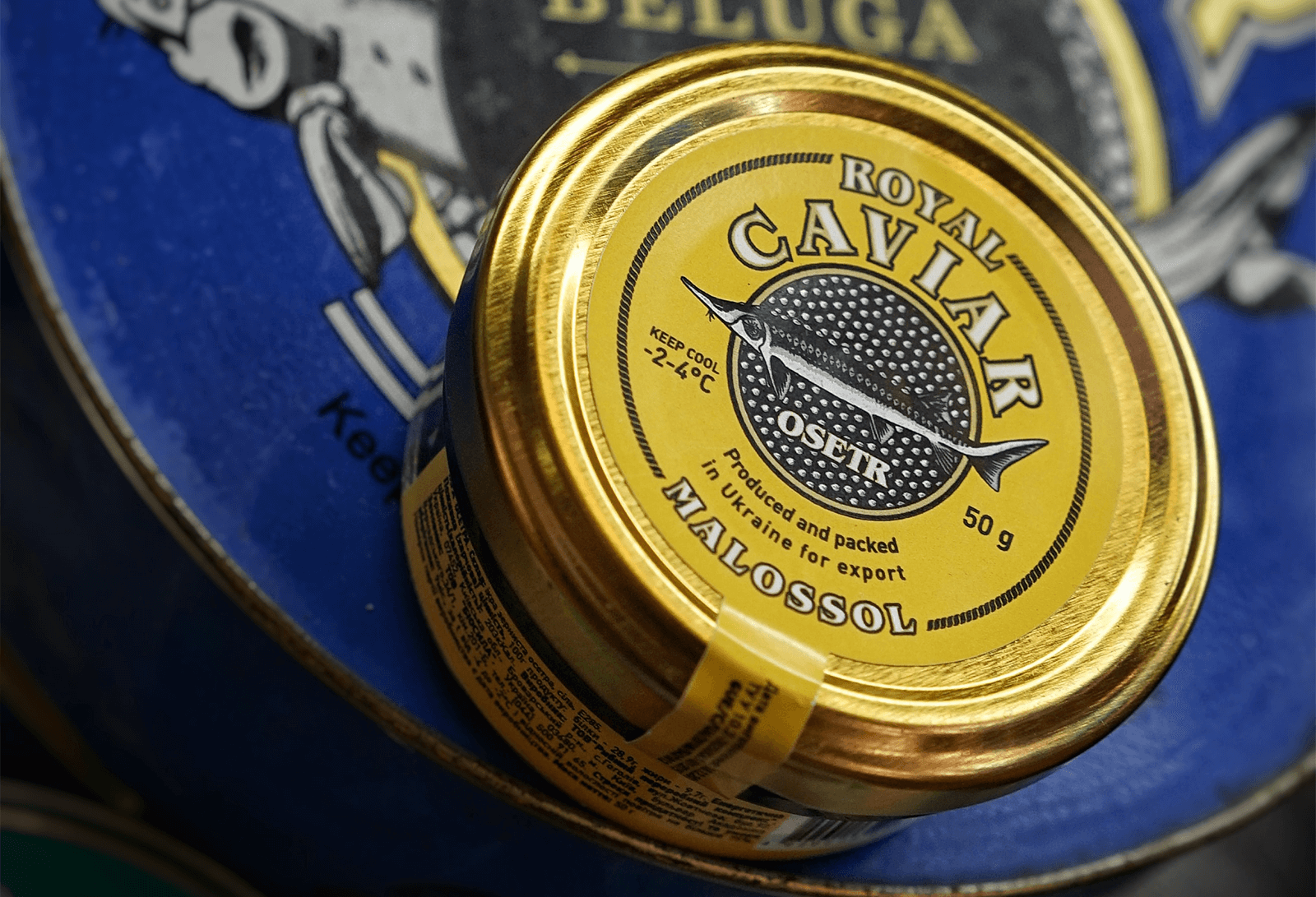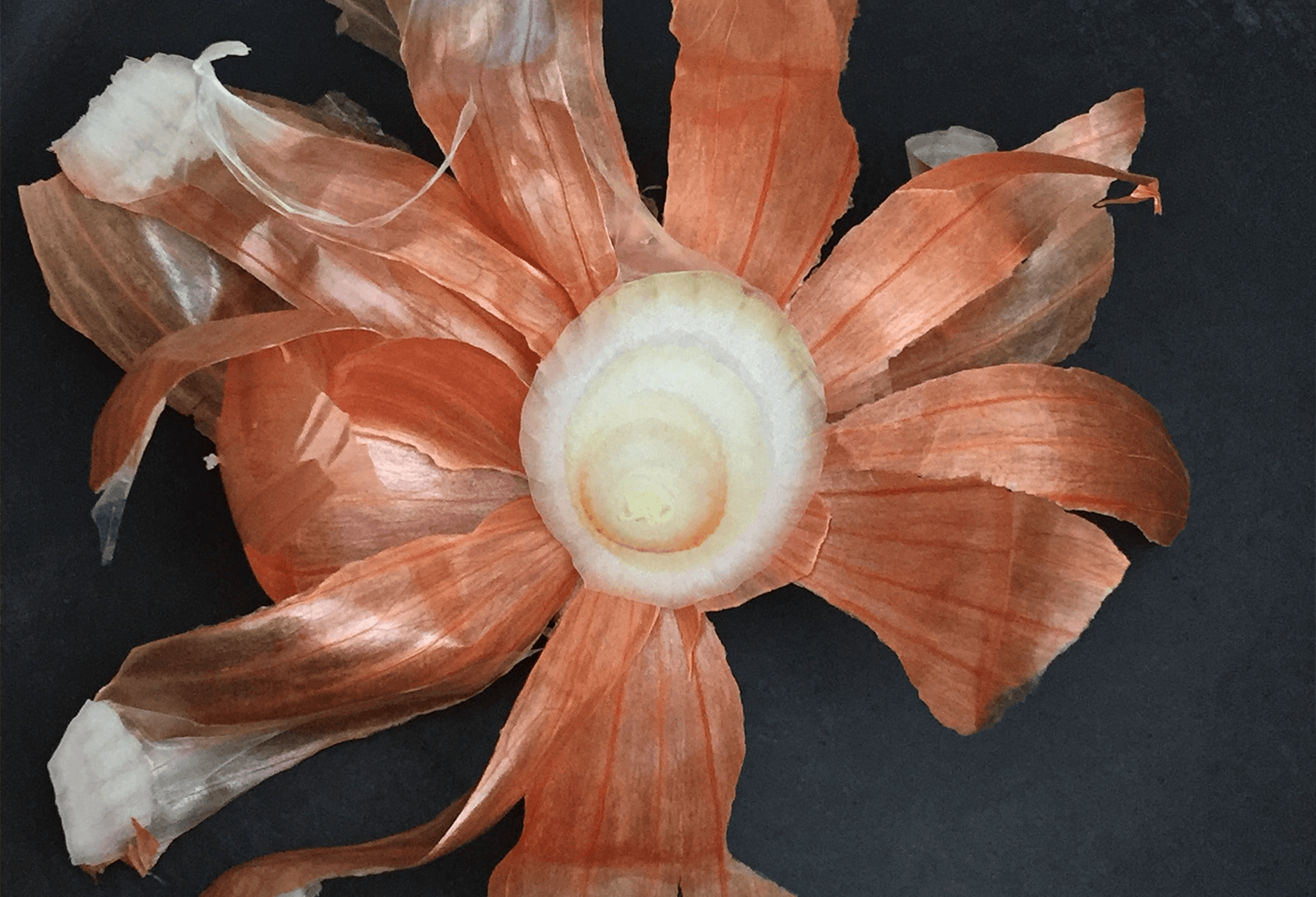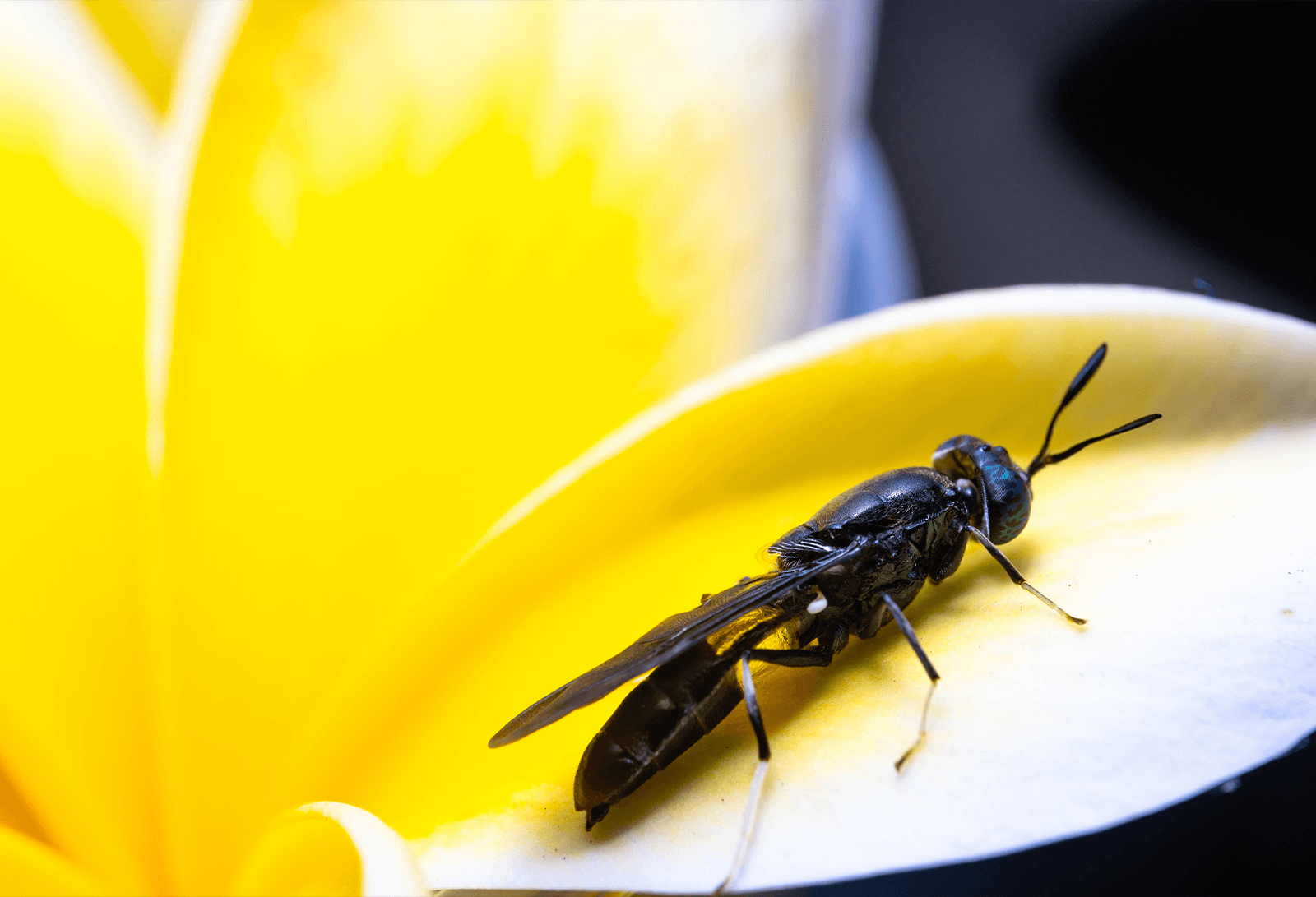Many have advocated for natural beauty products for several years, however, in today’s beauty industry 70-75% of cosmetics are made from or with synthetic ingredients. The debate of synthetic versus natural is one that may never be settled—with some arguing natural is better and safer and others disputing that synthetic ingredients reign supreme because they don't require water, land, or cheap labor. Despite this, 68% of consumers say they want to buy skincare products made with clean and natural ingredients. As time goes on, research is having a positive impact on this movement, finding new ingredients each day that are thought to be environmentally friendly as well as beneficial to users. From caviar to onions and insects derivatives, BeautyMatter rounds up the top five natural ingredients expected to make waves in the industry:

Cacti: When the cactus comes to mind, most think of a dry, hot desert, but beauty thinks of the next trailblazing skincare ingredient. Despite the plant's spiky edges, the interior properties of the cactus are the focus of its benefits. The jelly-like interior of the cactus contains antimicrobial and anti-inflammatory properties that are rich in vitamin F, known to contribute to sebum control, which results in clearer skin. The plant has begun to capture the attention of industry experts and beauty fans alike, with Huda Beauty's new GloWish Blur Jam Primer and Gucci Westman's debut Atelier Skin Activator Serum both containing cactus flower extract. The plant not only offers benefits rooted in skincare products but also contributes to a more sustainable beauty industry. This is due to the plant's ability to survive with almost no water, meaning less will be used for the production of said beauty products, which slowly decreases water usage in the industry as a whole. According to Spate, the word "cactus" is searched along with the word "skincare" an average of 7.5 thousand times a month in the US alone.

By-Products: Beauty is actively working towards becoming more sustainable, which, of course, means following the gold standard of "reduce, reuse, and recycle." As opposed to locating new raw materials that can be used in SKUs, many brands are decreasing the industry's waste levels by harnessing the power of "by-products," aka food waste. As reported by BeautyMatter, The Upcycled Beauty Company created haircare using hummus by-product―with its proteins, peptides, and polypeptides said to help strengthen and condition the hair, as well as contribute to frizz control even in humid environments. Brighton-based beauty brand My Skin Feels also uses by-products to create its offerings, focusing on food and drink waste that would otherwise be sent to landfills. The brand currently offers a moisturizer and cleanser designed using mandarin fruit juice waste, of which―according to the brand―eight kilos of waste equates to a liter of usable ingredient. The brand also doesn't need to add water to its products, which results in less water consumption and waste, enabling them to become even more sustainable. LOLI Beauty also makes use of this trend as a core part of its business model, transforming trash into beauty treasure by using food waste to create superfood skincare. As reported by Spate, zero-waste skincare averages at four thousand searches per month―with the top searched zero-waste skincare products being sunscreen, face wash, and moisturizer.

Caviar: When thinking of caviar, small appetizer dishes usually spring to mind; however, recently, the delicacy has become beauty's latest ingredient craze. Although popular offerings such as Mario Badescu’s Caviar Night Cream have been around for some time, caviar has recently gained a resurgence of attention in skincare. The unfertilized fish eggs are infused as an extract that benefits the skin by boosting hydration and moisture levels and reducing fine lines. The ingredient is full of antioxidant properties, including vitamin E and selenium. Caviar improves the overall texture of the skin and locks in moisture because of omega-3's ability to enhance the protective skin barrier. It also protects against UV rays, prevents the breakdown of elastin, and reduces the risk of inflammation and irritation that products with harsher ingredients can usually cause. While the ingredient has many benefits, it should be used with caution and is not recommended for consumers with greasy or acne-prone skin. This is due to the oil contents of the ingredients, which can leave behind a greasy residue that doesn't easily absorb into the skin and can increase the appearance of oiliness. Due to the products anti-aging benefits, Spate reports a 10.2% year-over-year growth in searches for anti-aging caviar skincare.

Vegetable and Fruit Peel: Again, making use of food waste for the benefit of beauty, vegetable and fruit peels―specifically onion and passion fruit peels―are proving to be popular beauty products . According to research noted in the scientific journal Molecules, the peels of these foods have photoprotective benefits―which means they keep the skin safe from UV rays and have prominent antioxidant properties. The research found that both of the foods' photoprotective levels are around midrange, meaning they can be used for products including daily moisturizers with added SPF. However, when it comes to full-scale sun protection, specified products are still recommended because the ingredients protection levels are not adequate enough to be a standalone SPF offering. Despite this, the research also states that with more research into the ingredients, the ability to create sun-protective products using such properties could be achieved. The antioxidant properties of vegetables are also becoming increasingly understood, with many testing the benefits of onion peel face masks and toner pads, as showcased by K-Beauty brand Isntree. Onion peel has also become popular in haircare, with its strengthening and revitalizing properties highly valued. As a result, onion peel shampoo has seen a 56.6% year-over-year growth in search volume.

Insect derivatives: The benefits of insects in beauty have been explored for a long time. From the recent rise of snail mucin to cochineal dyes in pigment palettes, beauty is no stranger to such ingredients. Most recently, insect-derived extracts have taken front stage and made their way into the skincare space. According to journey-to-zero-waste company Insekt, one third of the food produced for human consumption ends up in landfill and releases carbon, which accounts for almost 10% of global emissions. However, because the black soldier fly converts this food waste into proteins and fats, the oil extracted from these insects produces fatty acid profiles that are beneficial in skincare products. Derivatives of the black soldier fly are rich in omega-3, omega-6, and omega-9, along with several other fatty acids including alpha-linolenic acid for anti-aging and lauric acid to soothe skin and prevent acne-causing bacteria when infused into skincare products.